The Animal Science and Forages team at Auburn University is making...
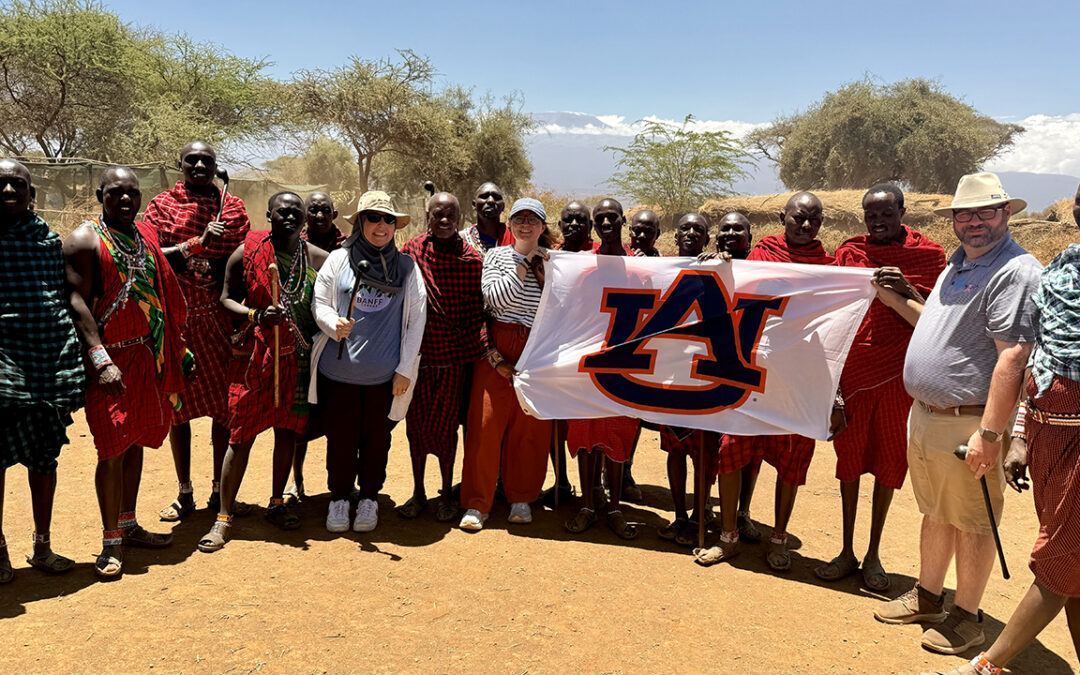

The Animal Science and Forages team at Auburn University is making...
A candidate for a Bachelor of Science in agricultural business and economics is the fall 2025 student marshal for the Auburn University College of Agriculture. Olivia Hudson’s time in the college has been punctuated by extensive student leadership opportunities. She...
Springtime in Alabama brings a wealth of livestock opportunities for youth to learn, compete and connect statewide. From first-timers to lifelong livestock exhibitors, Alabama youth will find livestock events tailored to every experience level in 2026. Youth livestock...

Retired professor and head emeritus of biosystems engineering Paul K. Turnquist passed away Dec. 11. Turnquist joined the Auburn family as a department head in 1977...
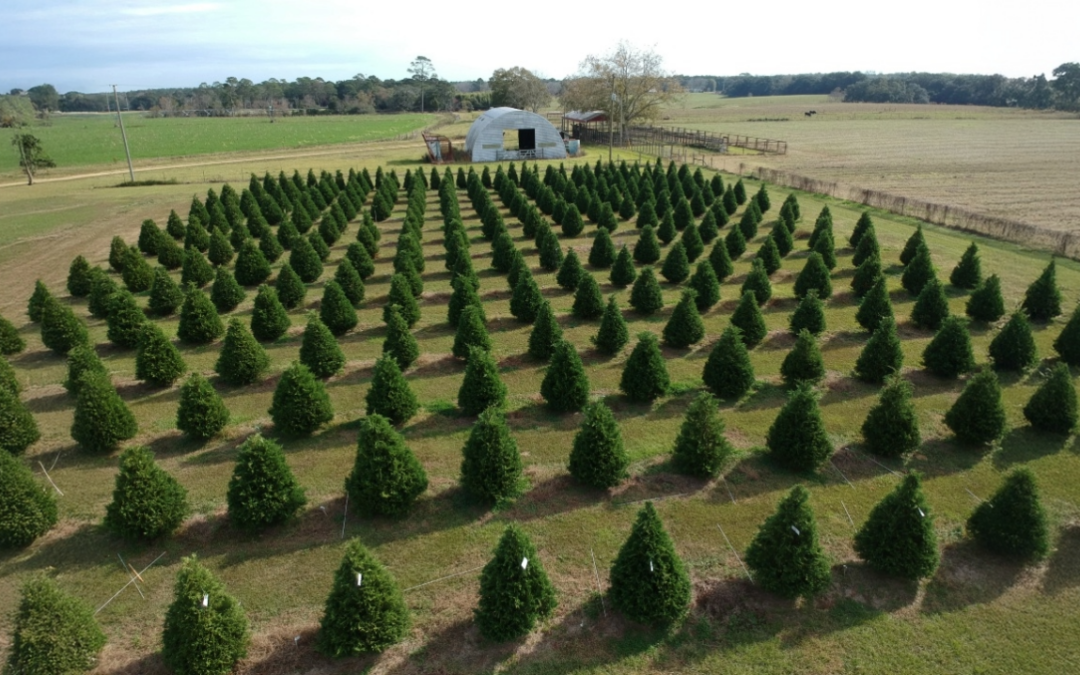
The holiday season means a time for not only giving gifts but giving back to our communities with a joyful spirit. Jeremy Pickens, assistant extension professor at...
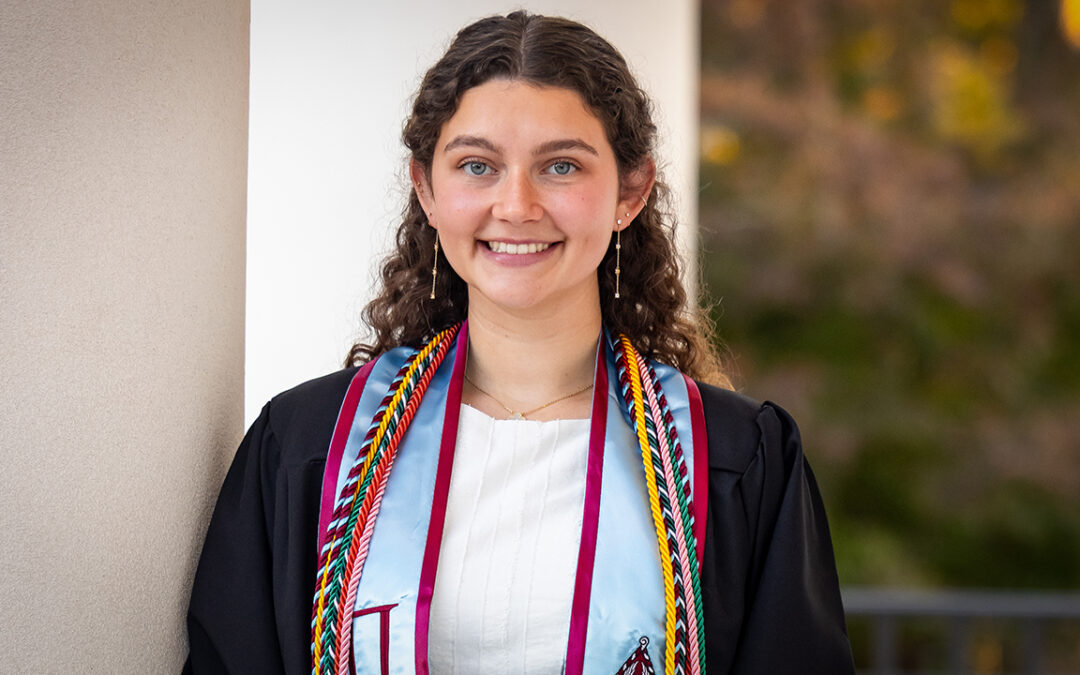
A candidate for a Bachelor of Science in agricultural business and economics is the fall 2025 student marshal for the Auburn University College of Agriculture. Olivia...
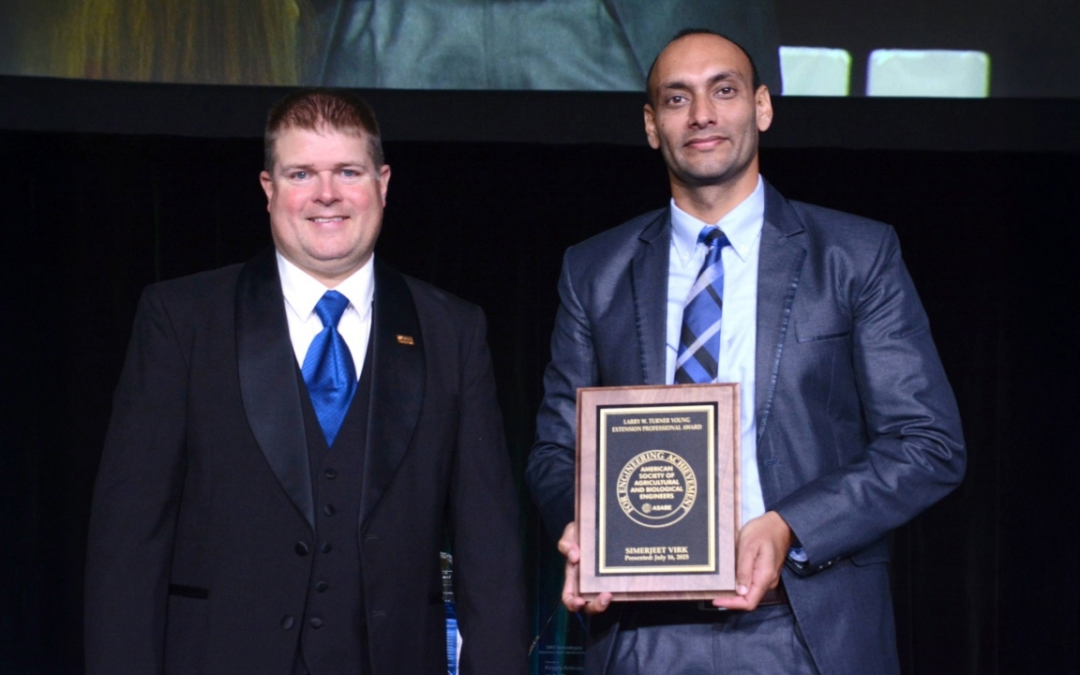
Auburn University’s Biosystems Engineering faculty and students garnered high honors and awards recognition through a prestigious international organization.
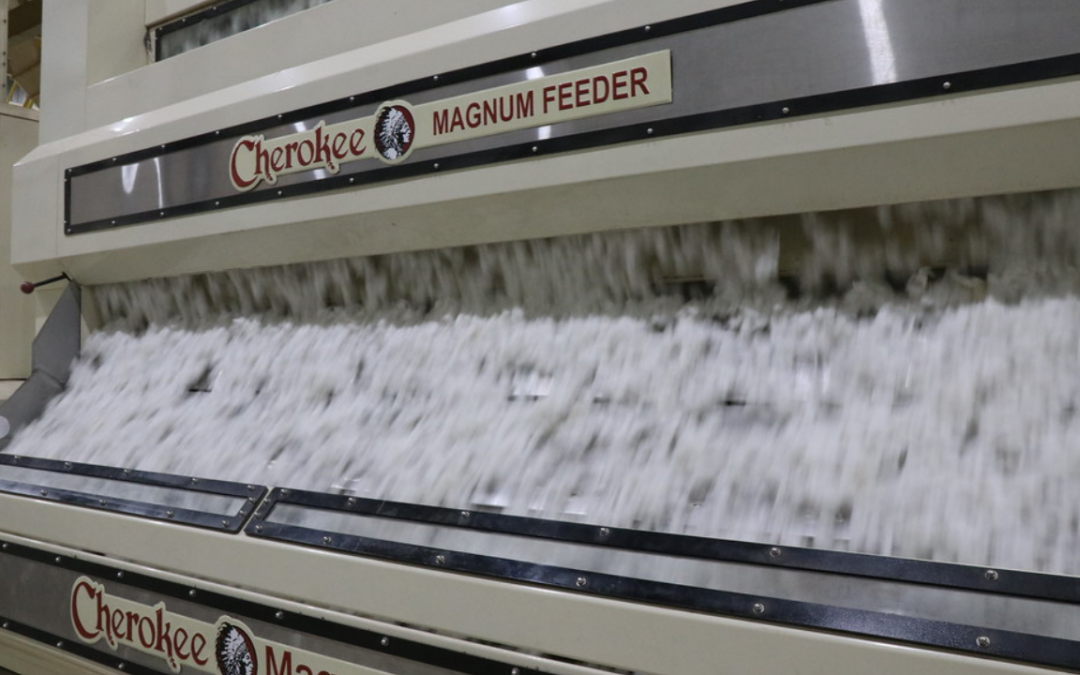
A fierce battle is being waged between cotton and polyester, with polyester edging ahead as the most widely used fiber in the world, for now. In fact, synthetic materials account for more than half of today’s overall market share.
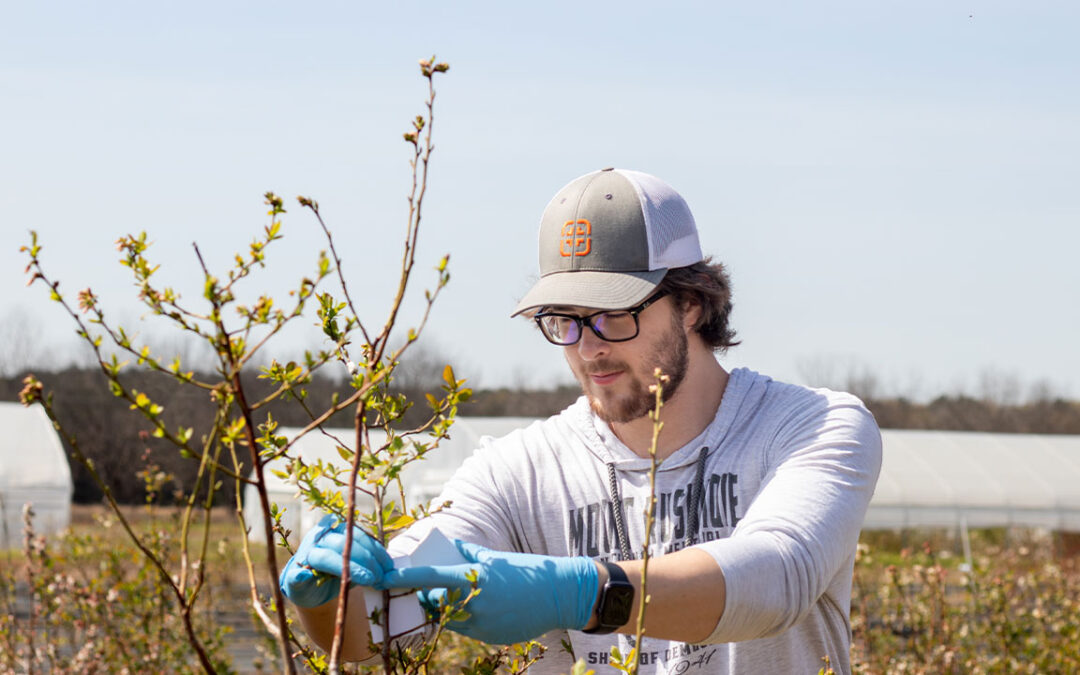
By Amy Weaver Auburn University often adds academic programs in response to workforce demand and societal needs. One of the latest additions is a major in biological and agricultural technology management. With the acronym BATM, it is colloquially called the “Batman”...
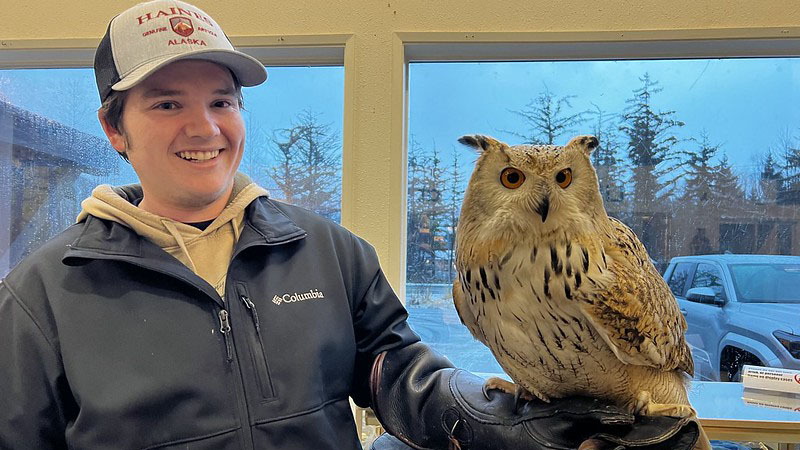
By Chris Anthony Far from the rolling plains of Alabama, the tiny mountain community of Haines, Alaska, (population 1,700) might be the last place you would expect to hear a hearty “War Eagle” as an eagle soars overhead. But that is slowly changing with Gabe Hallmark...
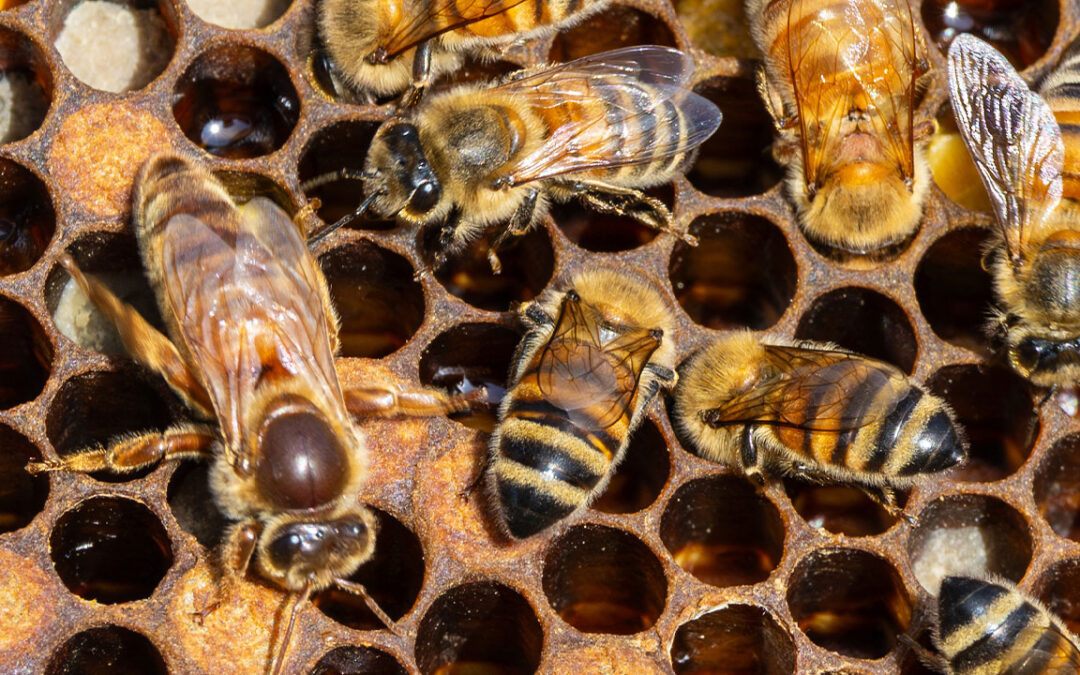
The annual U.S. Beekeeping Survey results are in for the 2024-2025 calendar year. In collaboration with Auburn University, the Apiary Inspectors of America, Oregon State University and others, the national survey estimated that 55.6% of managed honey bee colonies were...
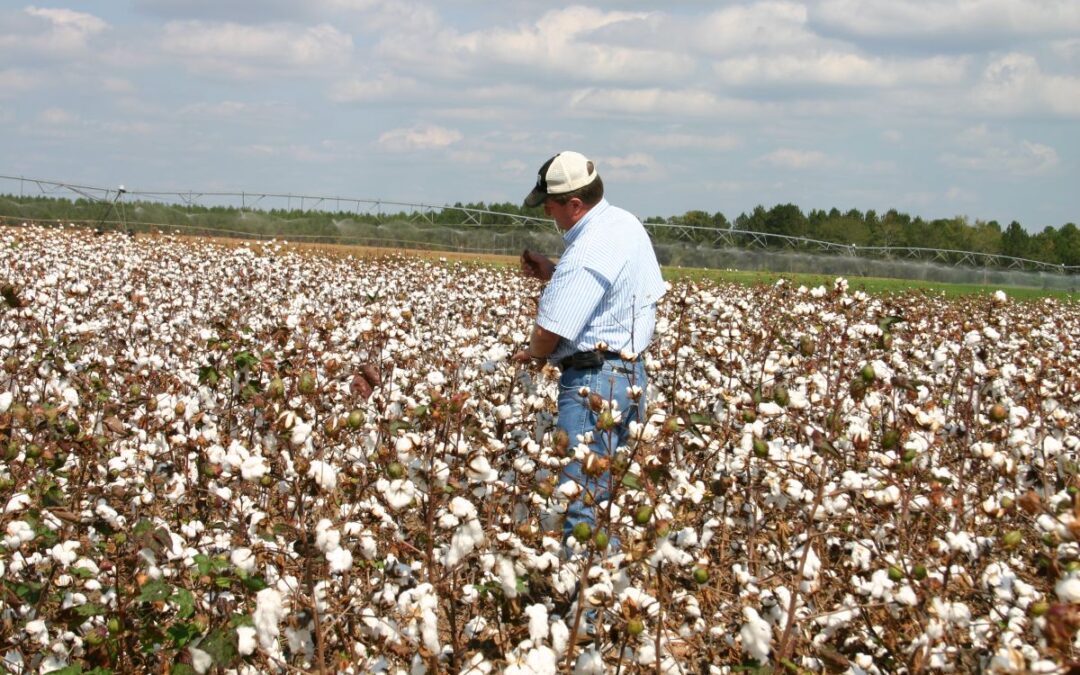
Cotton is undoubtedly one of the most recognizable plants in the world, with its heart-shaped leaves and branches that explode into powder-white fruit. But it’s also one of the more understudied field crops. “Previously, it was unclear where and which specific...
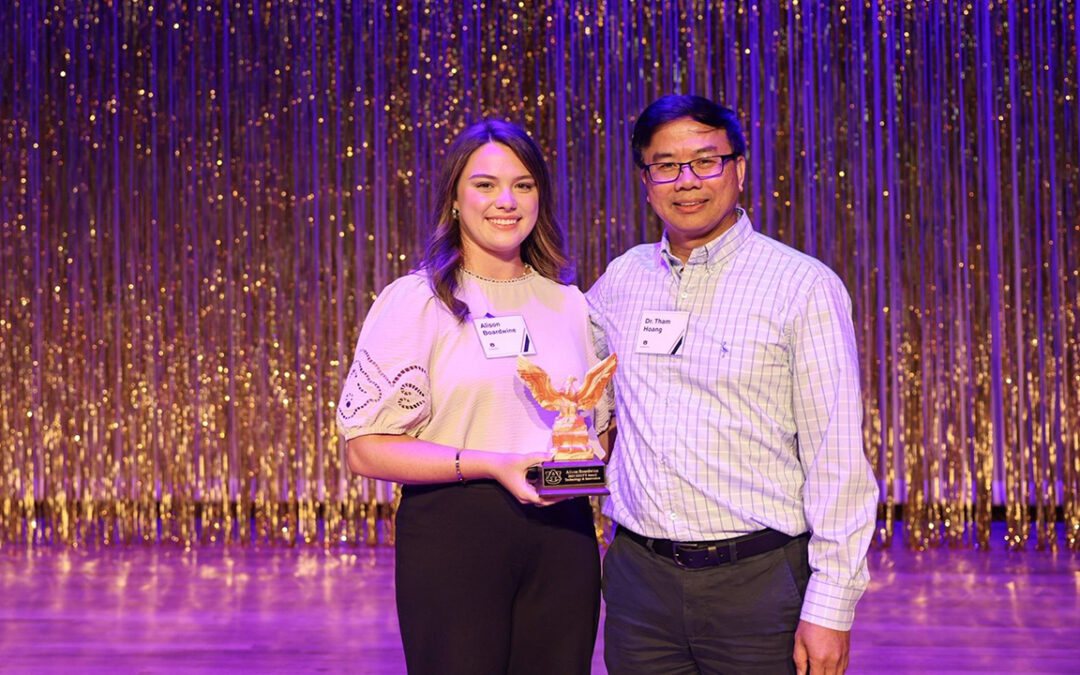
Recent graduate Ali Boardwine received a particularly special accolade before graduating on May 11 with a Bachelor of Science in bioprocess engineering and minors in business and public health. The Career Discovery and Success office within the Office of the Provost...

The Auburn University College of Agriculture and Campus Dining recently added four new container farms to its vertical farming operation. The four new farms, outfitted in shipping containers, are from AmplifiedAg, a leader in indoor agriculture. Auburn now has six...
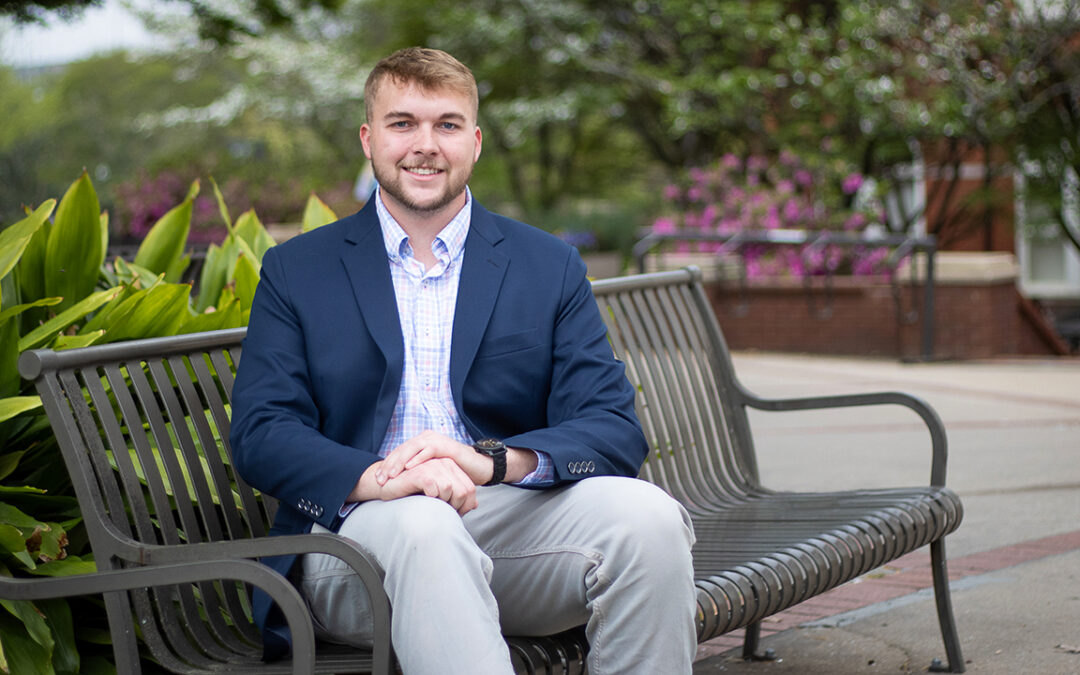
Advises future ag students to get involved The spring 2025 graduation marshal for the Auburn University College of Agriculture is a familiar face around Comer Hall. Will Rich was selected from among the agriculture spring graduates to represent the college at the...

Sudhanshu Kumar, a Ph.D. student in the Hydroclimate Research Group within the Department of Crop, Soil & Environmental Sciences, has been selected for the 2025 LEAP Summer Momentum Fellowship — a prestigious and highly competitive opportunity for doctoral...
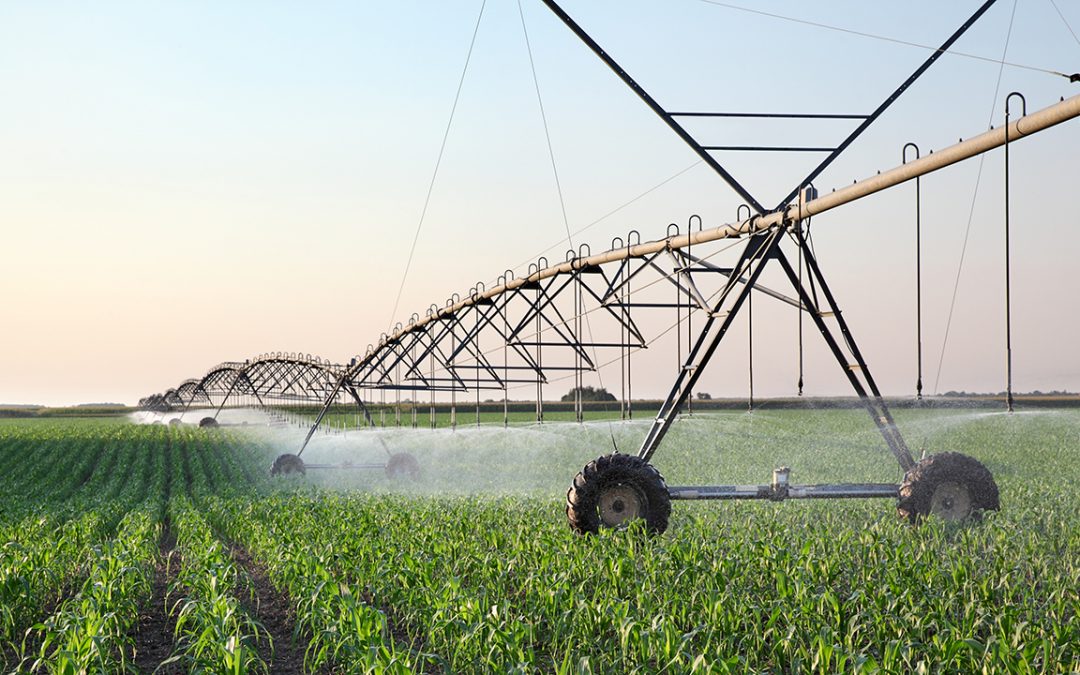
New model to help farmers make better investment decisions By Danielle Lunny Alabama farmers considering investing in irrigation equipment will soon have a free, comprehensive online tool to help them decide. A new prediction model will combine weather and economic...
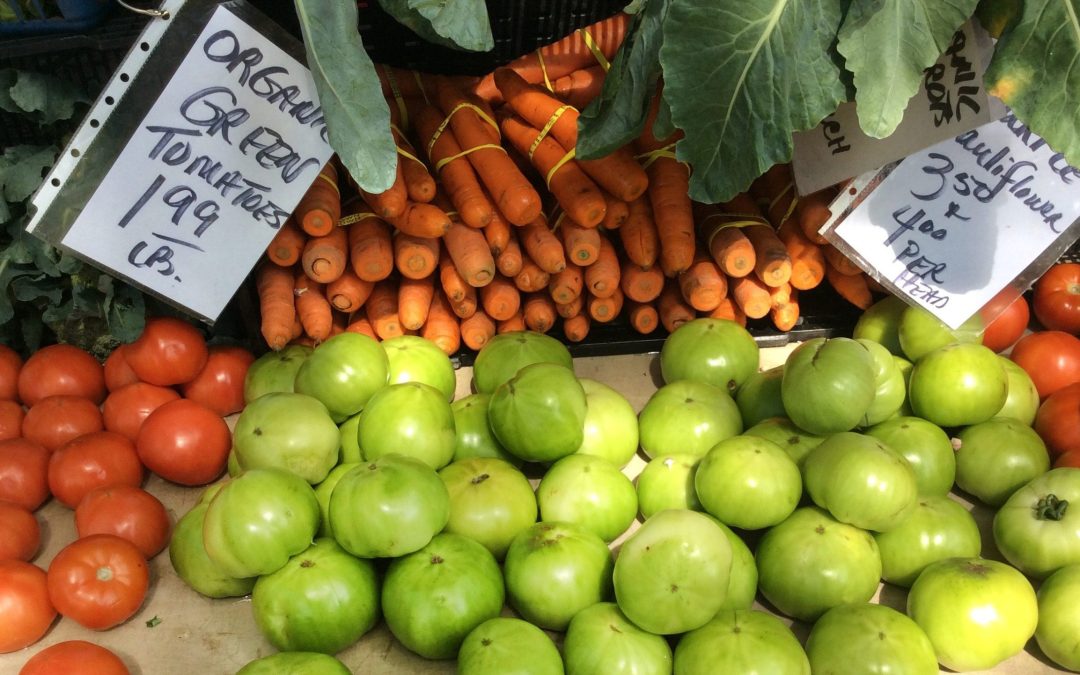
A recent study conducted by agricultural economists through the Alabama Agricultural Experiment Station examined consumers’ willingness to pay a premium for organic produce. In recent years, interest in organic produce has grown significantly; however, many...
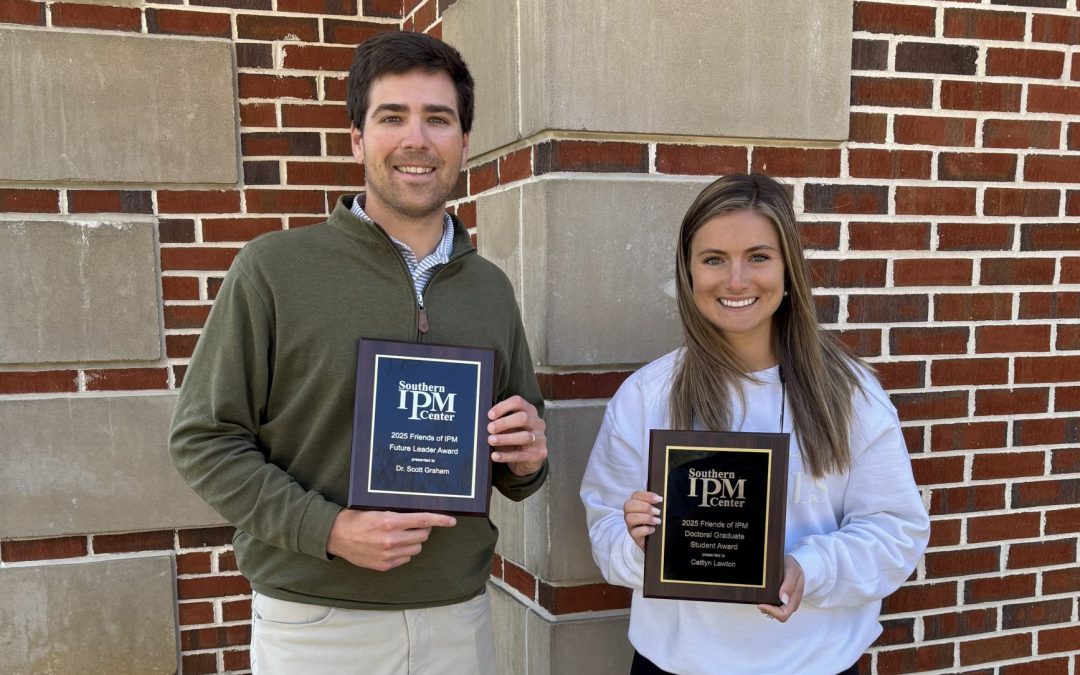
Auburn University graduate students and one faculty member rose above and beyond for this year’s Southern Integrated Pest Management (IPM) Awards. For the first time, two Auburn doctoral candidates, Caitlyn Lawton and Rogan Tokach, were honored for their achievements...
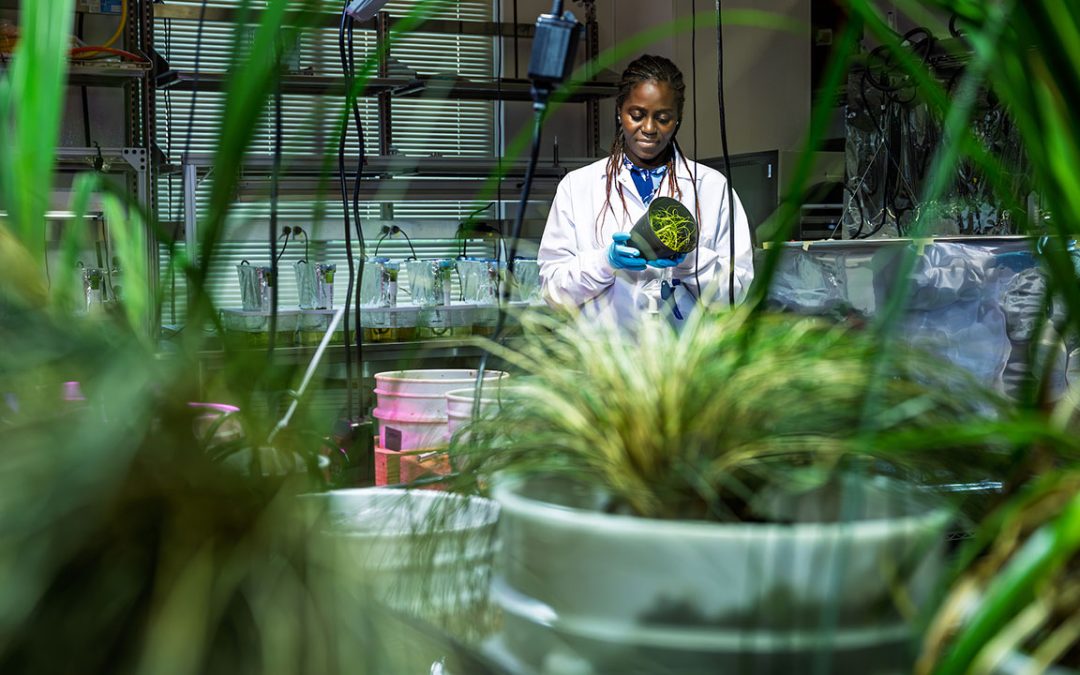
By Amy Weaver Contrary to what the name might suggest, the work currently happening in the Green Infrastructure Lab at Auburn has nothing to do with green-colored roads or buildings. No Emerald City here. “Green infrastructure is an approach to managing water and...
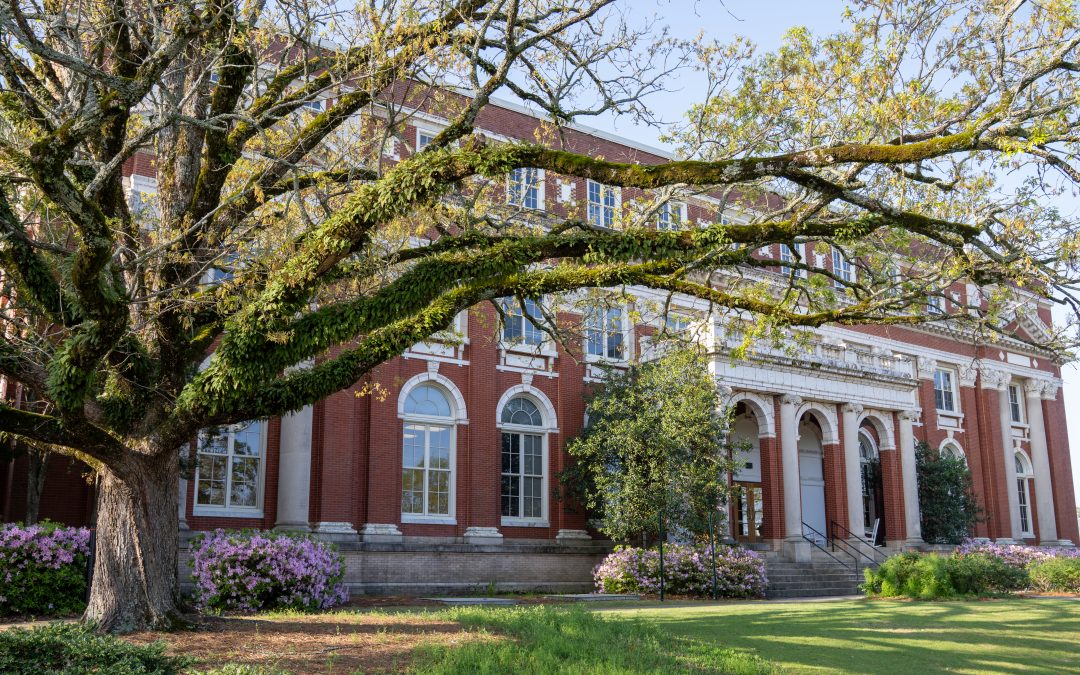
Three students in the College of Agriculture recently received distinguished honors from the Auburn University President’s Office. Savannah Busby received the Presidential Graduate Opportunity Fellowship, a highly competitive opportunity awarded to only a few incoming...

Following a national search, Mykel Taylor was named head of the Auburn University Department of Agricultural Economics and Rural Sociology, effective April 15. She had served as interim head of the department since fall 2024. “Dr. Taylor’s effective leadership, along...
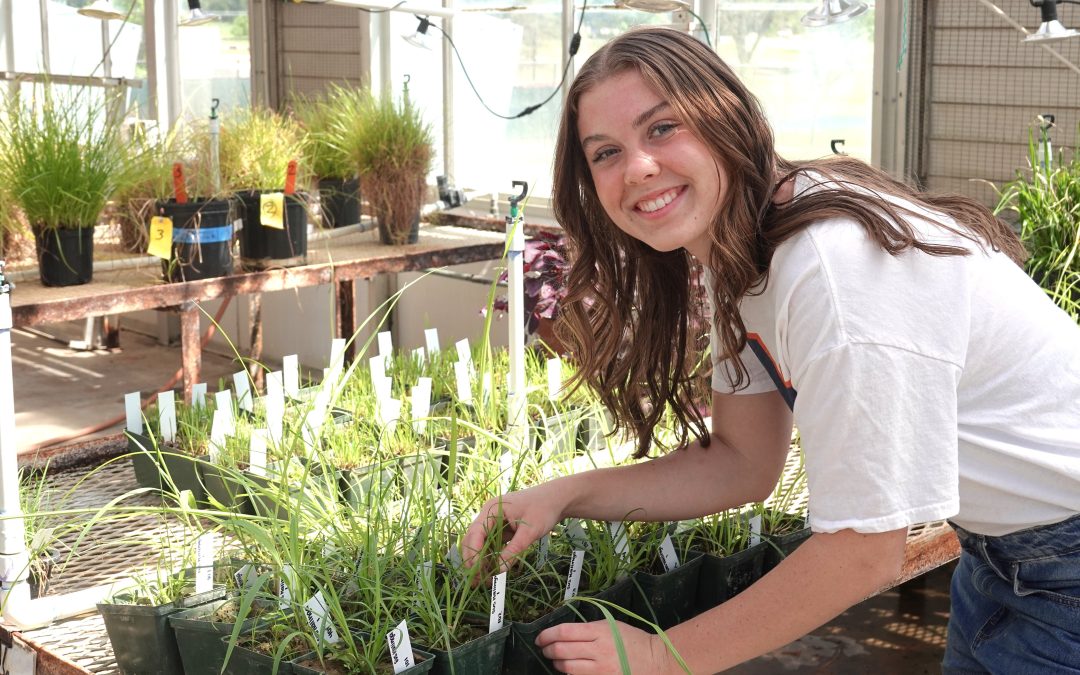
Auburn University College of Agriculture student Leah Johnson received a highly competitive collegiate internship with HudsonAlpha, a premier institute for biotechnology. She is the second student from the applied biotechnology major in the Department of Entomology...
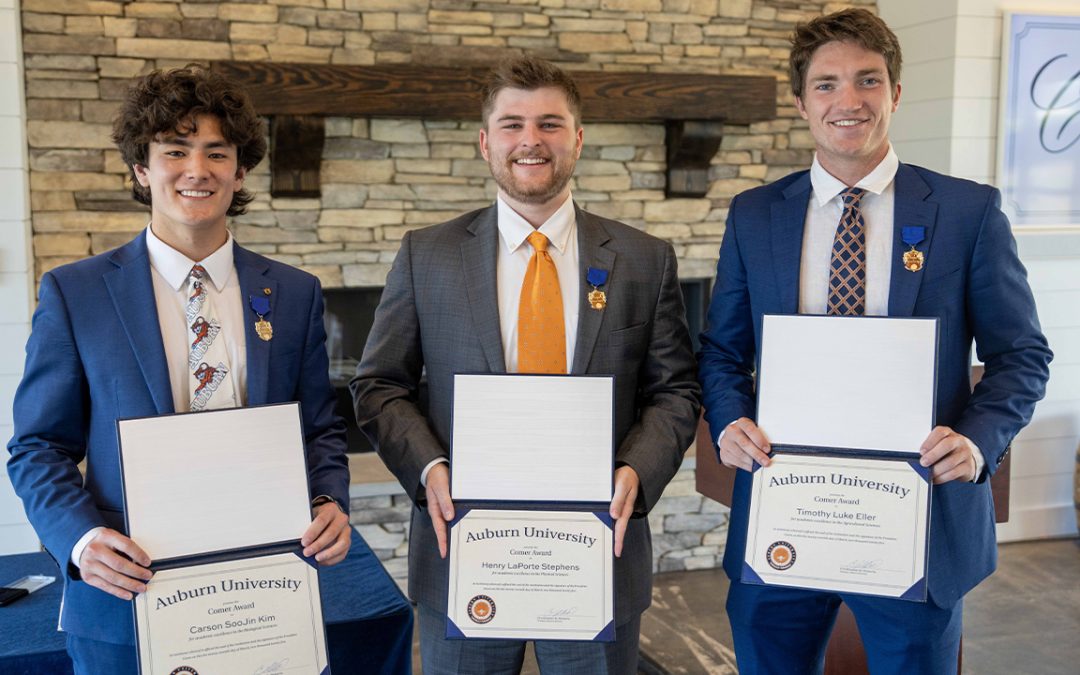
Hosted by the College of Sciences and Mathematics, in collaboration with the College of Agriculture, this year’s Comer Awards were presented to three graduating Auburn University students….
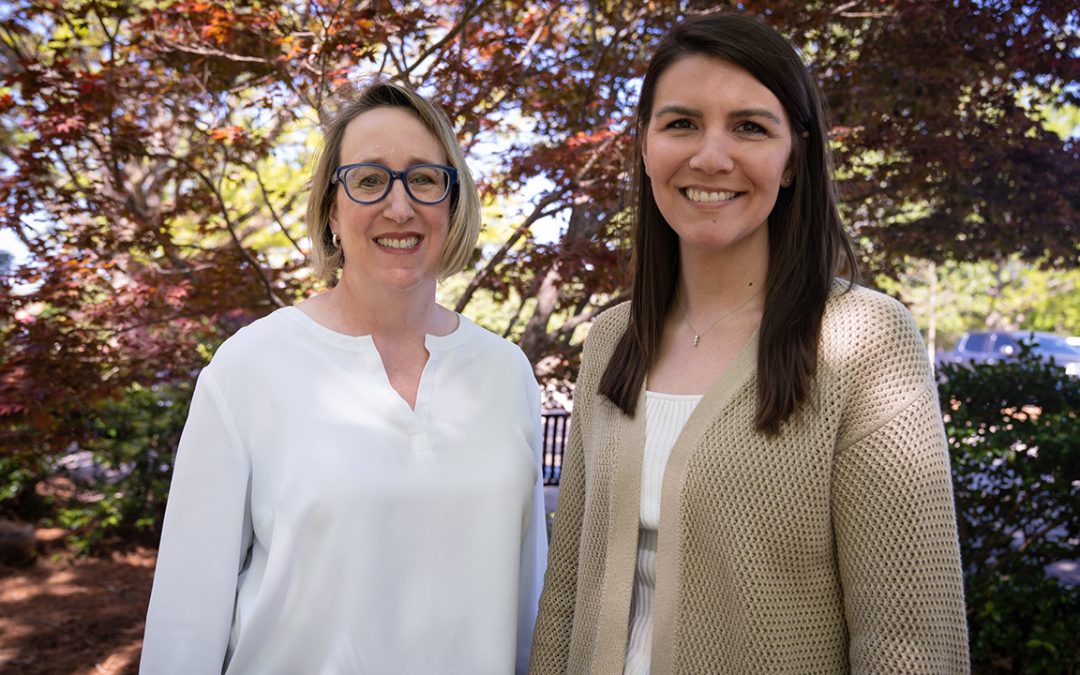
Alabama’s $123 billion agriculture industry has identified land loss, profitability and transportation infrastructure among its most pressing challenges in a recent report. The findings of the report will inform Gov. Kay Ivey’s strategic economic growth plan,...
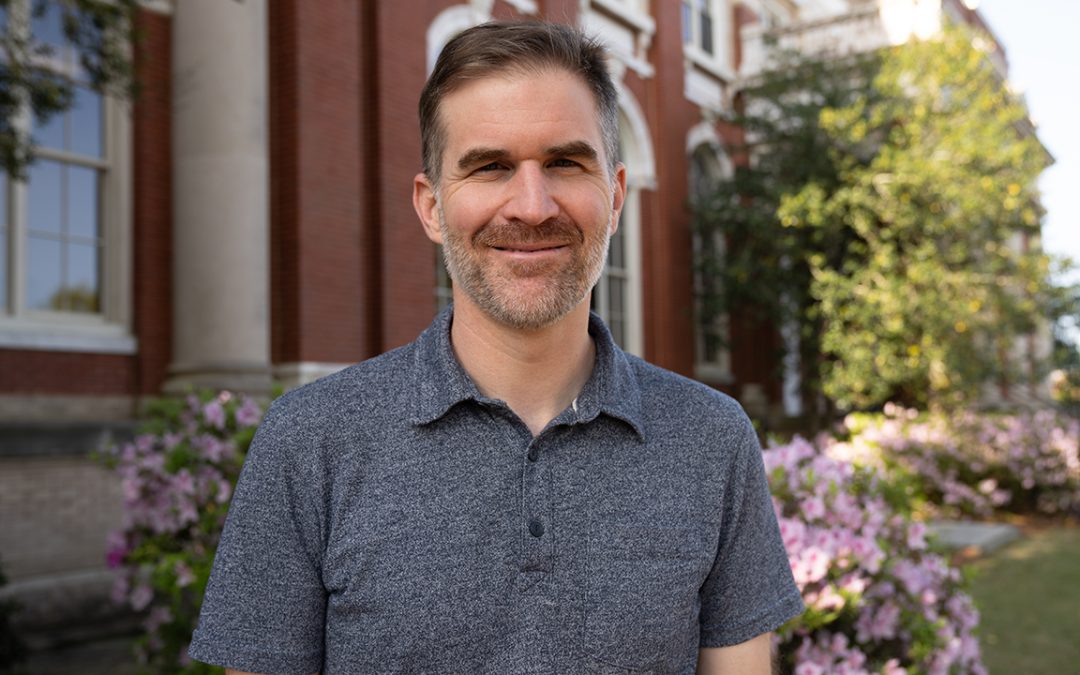
Geoff Williams, associate professor, graduate program officer and longtime director of the AU-Bees Lab, is director of the new Auburn University Bee Center, effective Tuesday, April 1. In February, the Board of Trustees approved the establishment of the Auburn...
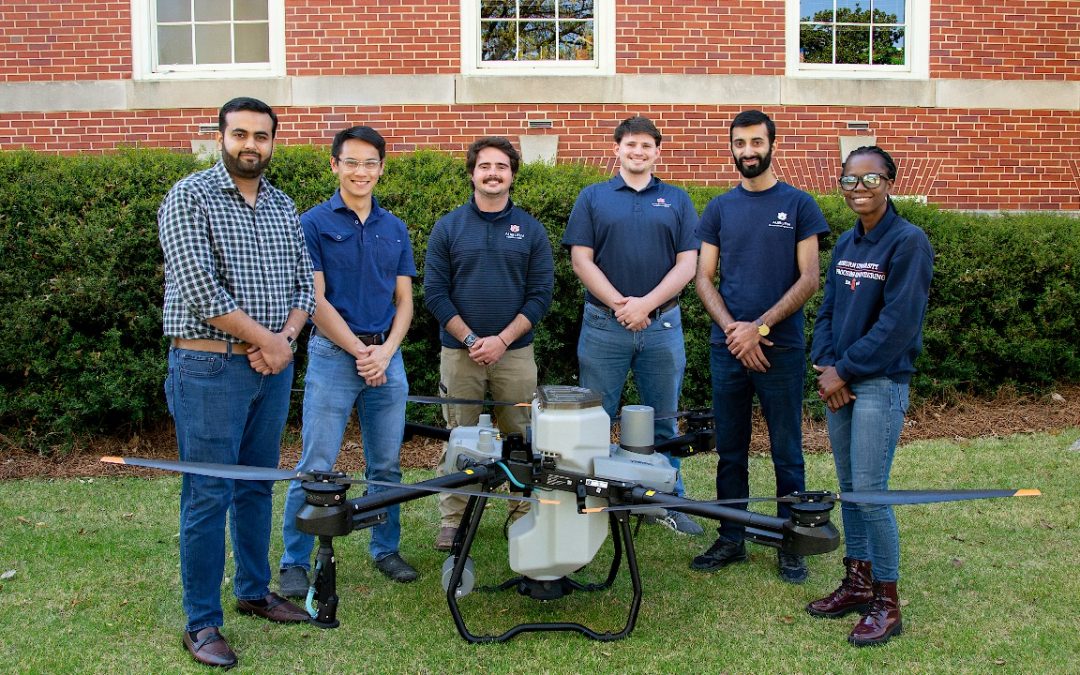
A team of both doctoral and undergraduate biosystems engineering students is tackling the age-old problem of precise fertilizer application with cutting-edge drone technology. According to NASA, they’re tackling it well.

Auburn University’s Biosystems Engineering faculty and students garnered high honors and awards recognition through a prestigious international organization.

A fierce battle is being waged between cotton and polyester, with polyester edging ahead as the most widely used fiber in the world, for now. In fact, synthetic materials account for more than half of today’s overall market share.

By Amy Weaver Auburn University often adds academic programs in response to workforce demand and societal needs. One of the latest additions is a major in biological and agricultural technology management. With the acronym BATM, it is colloquially called the “Batman”...

By Chris Anthony Far from the rolling plains of Alabama, the tiny mountain community of Haines, Alaska, (population 1,700) might be the last place you would expect to hear a hearty “War Eagle” as an eagle soars overhead. But that is slowly changing with Gabe Hallmark...

The annual U.S. Beekeeping Survey results are in for the 2024-2025 calendar year. In collaboration with Auburn University, the Apiary Inspectors of America, Oregon State University and others, the national survey estimated that 55.6% of managed honey bee colonies were...

Cotton is undoubtedly one of the most recognizable plants in the world, with its heart-shaped leaves and branches that explode into powder-white fruit. But it’s also one of the more understudied field crops. “Previously, it was unclear where and which specific...

Recent graduate Ali Boardwine received a particularly special accolade before graduating on May 11 with a Bachelor of Science in bioprocess engineering and minors in business and public health. The Career Discovery and Success office within the Office of the Provost...

The Auburn University College of Agriculture and Campus Dining recently added four new container farms to its vertical farming operation. The four new farms, outfitted in shipping containers, are from AmplifiedAg, a leader in indoor agriculture. Auburn now has six...

Advises future ag students to get involved The spring 2025 graduation marshal for the Auburn University College of Agriculture is a familiar face around Comer Hall. Will Rich was selected from among the agriculture spring graduates to represent the college at the...

Sudhanshu Kumar, a Ph.D. student in the Hydroclimate Research Group within the Department of Crop, Soil & Environmental Sciences, has been selected for the 2025 LEAP Summer Momentum Fellowship — a prestigious and highly competitive opportunity for doctoral...

New model to help farmers make better investment decisions By Danielle Lunny Alabama farmers considering investing in irrigation equipment will soon have a free, comprehensive online tool to help them decide. A new prediction model will combine weather and economic...

A recent study conducted by agricultural economists through the Alabama Agricultural Experiment Station examined consumers’ willingness to pay a premium for organic produce. In recent years, interest in organic produce has grown significantly; however, many...

Auburn University graduate students and one faculty member rose above and beyond for this year’s Southern Integrated Pest Management (IPM) Awards. For the first time, two Auburn doctoral candidates, Caitlyn Lawton and Rogan Tokach, were honored for their achievements...

By Amy Weaver Contrary to what the name might suggest, the work currently happening in the Green Infrastructure Lab at Auburn has nothing to do with green-colored roads or buildings. No Emerald City here. “Green infrastructure is an approach to managing water and...

Three students in the College of Agriculture recently received distinguished honors from the Auburn University President’s Office. Savannah Busby received the Presidential Graduate Opportunity Fellowship, a highly competitive opportunity awarded to only a few incoming...

Following a national search, Mykel Taylor was named head of the Auburn University Department of Agricultural Economics and Rural Sociology, effective April 15. She had served as interim head of the department since fall 2024. “Dr. Taylor’s effective leadership, along...

Auburn University College of Agriculture student Leah Johnson received a highly competitive collegiate internship with HudsonAlpha, a premier institute for biotechnology. She is the second student from the applied biotechnology major in the Department of Entomology...

Hosted by the College of Sciences and Mathematics, in collaboration with the College of Agriculture, this year’s Comer Awards were presented to three graduating Auburn University students….

Alabama’s $123 billion agriculture industry has identified land loss, profitability and transportation infrastructure among its most pressing challenges in a recent report. The findings of the report will inform Gov. Kay Ivey’s strategic economic growth plan,...

Geoff Williams, associate professor, graduate program officer and longtime director of the AU-Bees Lab, is director of the new Auburn University Bee Center, effective Tuesday, April 1. In February, the Board of Trustees approved the establishment of the Auburn...

A team of both doctoral and undergraduate biosystems engineering students is tackling the age-old problem of precise fertilizer application with cutting-edge drone technology. According to NASA, they’re tackling it well.